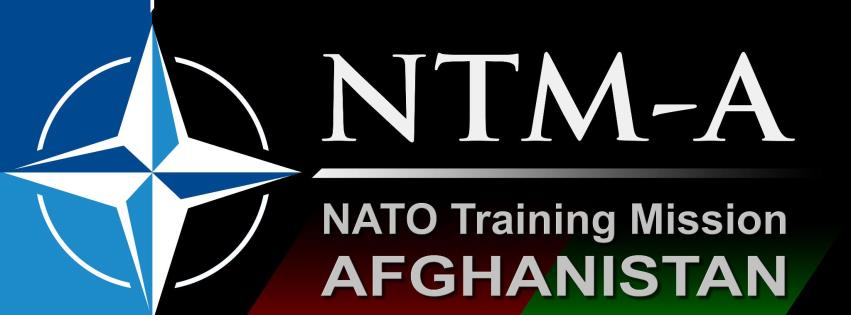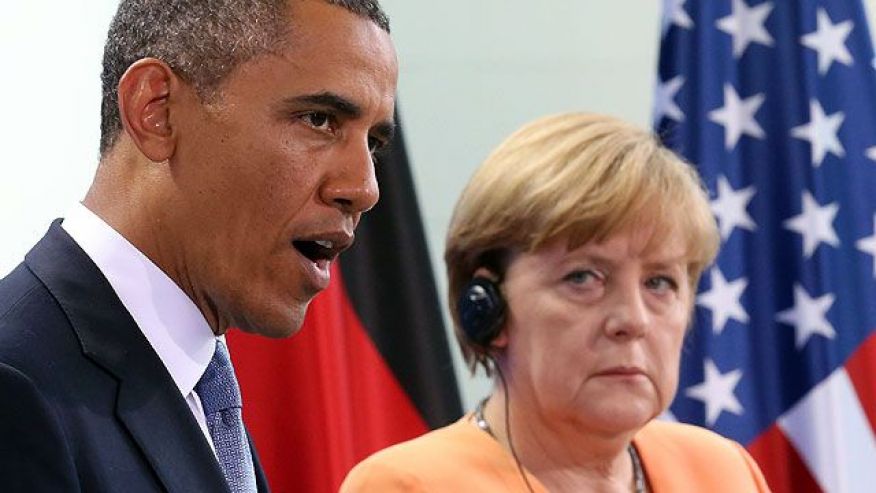
This is Part III of a series on Enhanced Interrogation Techniques. The first and second articles were published earlier in the summer. Part IV can be read here.
In recent years, America’s debate about Enhanced Interrogation Techniques (EITs) has been loud, bitter and increasingly partisan. For better or worse, Democrat politicians and pundits have passionately argued that EITs are one of the darkest legacies of President Bush’s War on Terror. At the same time, many Republicans have been adamant that EITs produced accurate intelligence and saved lives.
Unfortunately, the topic of the debate encourages extreme positions on both sides. As EITs became more politicized, the rhetoric surrounding them only became stronger and forced nuanced discussions of facts to the wayside. However, former CIA operative Jose Rodriguez and former FBI Agent Ali Soufan have emerged in recent years with particularly insightful perspectives that cut through much of the political and media clutter. Their public statements offer sharply contrasting opinions about Enhanced Interrogation Techniques and their contribution to America’s War on Terror. The two men in question come from very different institutional cultures and personal backgrounds, but were both at the forefront of the U.S. Government’s response to the September 11 Attacks. In their memoirs, each man describes his firsthand observations of seeing detainees being subjected to Enhanced Interrogation Techniques. The final conclusions they draw are very different and speak to many of the assumptions behind the Central Intelligence Agency’s Detainee and Interrogation Program.

Jose Rodriguez had a long and interesting career in the Central Intelligence Agency spanning three decades. Born in Puerto Rico and educated in Florida, Rodriguez initially worked for the CIA in South and Central America. In 2002, he was appointed as new head of the CIA’s counter-terrorism centre and helped create the Agency’s Detention and Interrogation Program. From 2004 to 2007, Rodriguez was responsible for coordinating human intelligence (HUMINT) collection as Director of the National Clandestine Service. Before 2001, Rodriguez had little experience with counter-terrorism or the Middle East. Some commentators questioned his appointment to head the CIA’s Counterterrorism Center due to a lack of experience in that area.
Throughout his time focusing on counterterrorism, Rodriguez was known for taking an aggressive, hard-line approach to terrorist threats. In 2006, Rodriguez fired Robert Grenier, his predecessor at the Counterterrorism Center because he was “insufficiently forceful in the battle with al Qaeda.” Grenier had significant experience with Islamic extremism, including as the CIA’s station chief in Pakistan. Grenier’s firing was part of a larger trend of many experienced CIA officerss leaving or taking early retirement. Many of those operatives “had spent their careers in the clandestine service and had years of experience in the Middle East and, more specifically, with al Qaeda.”
In his 2012 memoir, Hard Measures, Rodriguez expressed his strong support for Enhanced Interrogation Techniques. As one of the original architects of the whole program, he believed that EITs provided valuable human intelligence and ultimately saved American lives.
In an interview with The New Yorker, Rodriguez argued that EITs were legally and morally distinct from torture. In his view, EITs had strict operational guidelines that prevented the infliction of severe pain and only allowed the techniques to be used for a maximum of thirty days. In addition, Rodriguez believed that the CIA used waterboarding in a more restrained, clinical way than the Japanese in World War Two or the Viet Cong during the Vietnam War. Contrary to claims made by critics, Rodriguez argued that the White House, National Security Council, Justice Department and both congressional intelligence committees were briefed on the CIA’s program as early as 2002.
Rodriguez also dismissed the accusation by Soufan and others that the use of EITs hurt the chance of successful prosecutions in the military tribunals at Guantanamo Bay. In his opinion, such considerations were a luxury the CIA could not afford in the urgent months following the September 11 attacks. In a previous interview with CBS News, Rodriguez discussed how the CIA had a ‘ticking bomb’ mindset when the EITs were first introduced. Due to the limited intelligence available, the CIA was deeply worried about subsequent al-Qaeda attacks on American soil in the months following September 11.
Though Jose Rodriguez had a unique first-hand perspective on the use of Enhanced Interrogation Techniques, his conclusions were not without criticism. In recent years, a number of commentators have criticized EITs in the media. But there have been relatively few former officials willing to speak publically about the problems with EITs. Ali Soufan is one notable exception. More than almost anyone else, he is well positioned to discuss and critique the CIA’s Detention and Interrogation Program.




